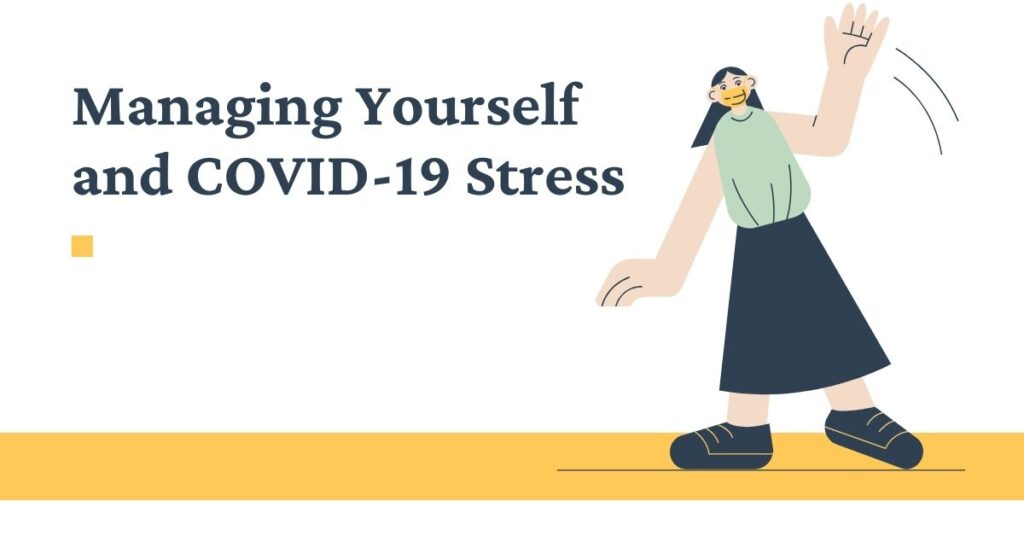
In the many conversations about stress and burnout, we don’t address creative burnout as often as we should. It is taken for granted that a creative person will always feel creative and deliver every single day, every single time.
But the isolation we are experiencing during these COVID times is showing us that art and creativity cannot exist in a vacuum. While the novelty and uncertainty might have initially stirred our creative juices, a year and three months into the pandemic has dulled that mysterious fount of creativity. Constant stress has led to creative burnout for many.
Realizing that you cannot think of a witty dialogue for your upcoming theatre project (or short film screenplay) or that you cannot find the perfect cadence that ties the melody together – with the deadline for that new song looming… It can be frustrating. With burnout, it can be impossible. It is time to take a step back.
Remember, your work is contingent on their ability to make new connections, let your mind wander, and feel free. Isolation, stress, and burnout are making you feel everything but those things. So what can you do? ‘coz as is true for most things, it’s true for stress and burnout too – prevention is the best cure.
1. Recognise the early signs: Sometimes burnout can occur all of a sudden with no warning but usually, fatigue, lack of motivation and mental exhaustion can build up over a period of time to produce the overwhelming experience of stress that is burnout.
2. Setting realistic goals: Trying to achieve unrealistically high goals can add to stress. It is important to tell yourself that life goes on, through the pandemic, and you have the time you need. The world is not coming to an end. It just feels like it, sometimes.
3. Trust your abilities and set time limits for daily goals. Make sure you get enough sleep and rest.
4. Replenish your creativity: Find outlets outside your creative field to express yourself. This is essential in maintaining work-life balance when your work is intimately linked to your passion.
5. Say no to people and things that dampen your creativity: Resist the urge to accept every project that comes your way. Working on something that doesn’t interest you could be harrowing when mental resources are already limited.
6. Last but not the least, evaluate the you have progress made. It will give you a sense of accomplishment and feed your creative spirit.
Unfortunately, despite your best efforts, you may still face creative burnout. In that case, it is best to think of it as a temporary bruise rather than a long-term concern. Seeking support from a professional psychologist can help you recover faster and find the urge to create again.




